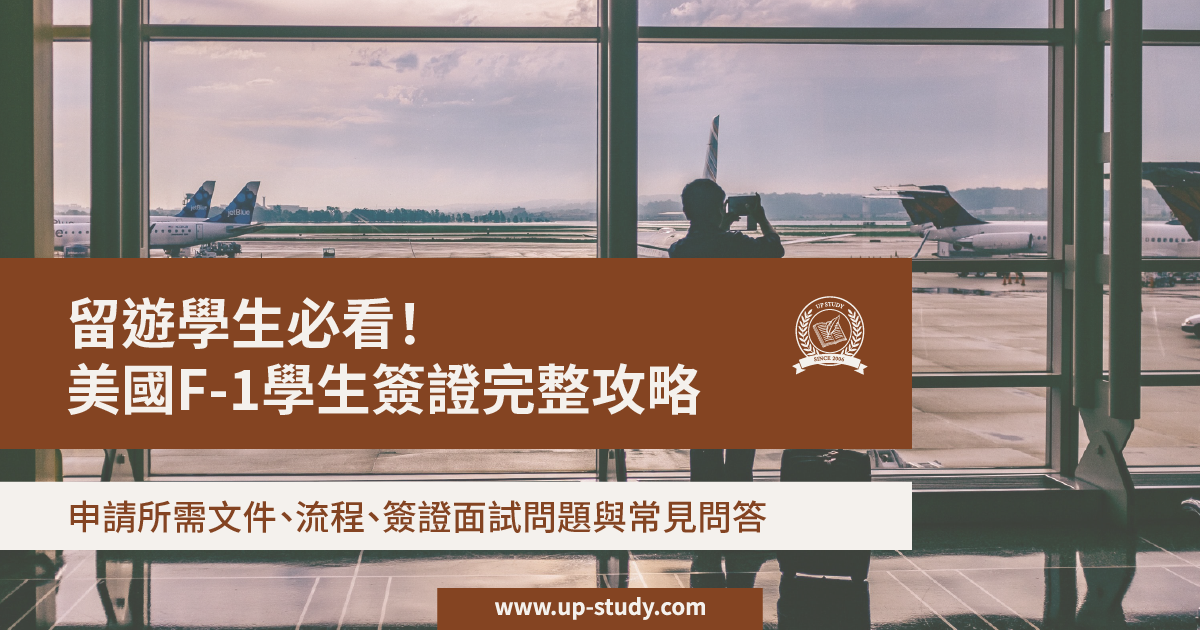
After receiving the school’s admission notice, the final step for international students is to apply for the U.S. government-issued student visa to legally enter the U.S. for studies. The visa application process is complicated, with many details to pay attention to, often making students feel frustrated during the last step.
Common student visas include the J-1, M-1, and F-1 visas. The J-1 visa is an exchange visitor visa aimed at promoting educational, artistic, and scientific exchange, so applicants are typically exchange scholars or exchange students. The M-1 visa is a type of student visa for individuals attending U.S. educational institutions for non-academic or vocational studies or training. The F-1 student visa is the most common student visa, and anyone attending a recognized educational institution in the U.S. needs to apply for it. The following will focus on explaining the F-1 student visa, which is required by most Taiwanese students:
Eligibility for U.S. F-1 Student Visa Application
Students who meet the following conditions are required to apply for an F-1 visa:
1. Attending a U.S. recognized educational institution, including public and private high schools, community colleges, universities, or language schools.
2. Enrolled in courses totaling more than 18 hours per week.
U.S. F-1 Student Visa Application Documents
F-1 Visa Documents ChecklistChecklist | |
DS-160 Confirmation Page | After completing the DS-160 form, the applicant must print the final confirmation page. |
Valid Passport for More Than Six Months | Taiwan passport holders may use a passport that will expire within six months for entry to the U.S., but will not be allowed to stay beyond the passport’s expiration date. |
All Old Passports | If old passports are not kept, please apply for an entry-exit certificate from the Ministry of the Interior Immigration Department. |
Visa Appointment Fee Receipt | After paying the fee at the post office, the receipt must be kept and brought to the interview. |
Original I-20 | Signature at the lower-left corner of the document |
SEVIS I-901 Payment Receipt | Complete the SEVIS application form online and pay the SEVIS fee online. After payment, print the receipt. |
5cm*5cm Passport Photo | Color photo, background must be white or light gray. Glasses are not allowed. |
Financial Proof (English version) | Apply to the bank for a deposit certificate that meets the required amount, which must be indicated in USD. Note that the account must be a checking account, and the amount should be greater than the first-year tuition and living expenses. |
Interview Supporting Documents | |
Financial Proof Declaration | If the financial proof is not from the applicant's account, the account holder must provide an authorization letter. |
Household Registration/ ID Card | To prove the relationship between the account holder and the student. |
Chinese and English Graduation Certificate/ Chinese and English Transcripts | |
Resignation Certificate/Business Card | |
US F-1 Student Visa Application Fees
Item | Amount | Description |
| Interview Appointment Fee | Approximately TWD 5,000 | Subject to exchange rate fluctuations |
| SEVIS I-901 Fee | USD 350 | |
| Courier Fee | TWD 320 | If you are unable to collect your passport in person, you can use a courier service to send the passport to a designated address. |
US F-1 Student Visa Application Process
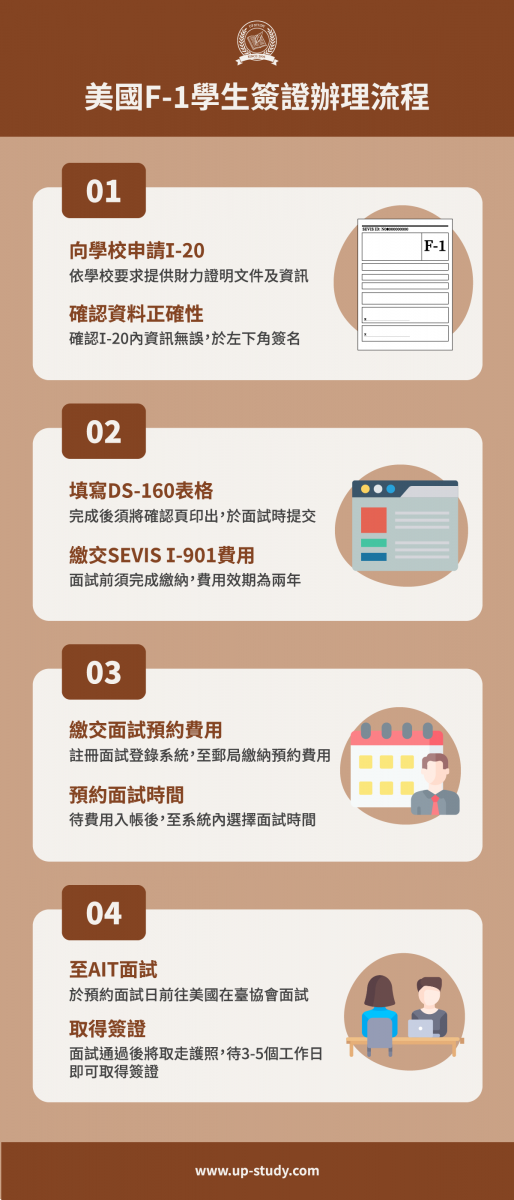
1. Obtain the I-20 Form
After the US university issues an admission letter, students are required to provide financial proof forms and related documents as the basis for the issuance of the I-20 form. Once the student receives the I-20, they have sufficient information to proceed with the visa application process.
| *Some schools may require students to fill out a financial proof form during the application stage. Please refer to the admission instructions for details. |
2. Fill out the Non-Immigrant Visa Application (DS-160) Form / Pay the SEVIS I-901 Fee
Visit the US Department of State's Consular Electronic Application Center website to complete the Non-Immigrant Visa Application Form (also known as the DS-160 form). After completion, save the DS-160 confirmation page as a PDF and print it for the interview.
| *The SEVIS I-901 fee is an online payment system for international students applying for a visa. After the DS-160 form is submitted, applicants must pay the SEVIS fee (USD 350). This payment can be made online using a credit card. |
3. Schedule a Visa Interview
Once the DS-160 form is completed and the SEVIS I-901 fee is paid, students can schedule a visa interview appointment at a US embassy or consulate. Appointment availability may vary by location, so it is recommended to book the appointment well in advance.
4. Prepare for the Visa Interview
Prepare the following required documents for the visa interview: DS-160 confirmation page, I-20 form, passport, visa appointment confirmation, financial proof, and other documents requested by the embassy.
5. Attend the Visa Interview
Attend the scheduled visa interview at the US embassy or consulate. During the interview, the consular officer will review the documents and ask questions to determine eligibility for the visa. A decision will be made on the spot or after processing.
Prepare the I-20 and DS-160 form information, then go to the Student and Exchange Visitor Program (SEVP) website to fill in the details and pay the SEVIS I-901 fee. After payment, print and keep the receipt.
3. Schedule an Interview
Register on the U.S. visa interview appointment page to obtain the interview payment slip. Go to the post office to make the payment, and once the system processes the payment the next day, you can schedule the interview date and time.
| *Note: The visa application peak period is from July to September each year, and there may be delays in scheduling interviews. It is recommended to prepare the necessary documents early and complete the payment as soon as possible to have more flexible time options for scheduling the interview! |
4. Attend the Interview at the American Institute in Taiwan (AIT) and Obtain the Visa
After completing the preliminary tasks, prepare the required documents for the interview and go to the American Institute in Taiwan (AIT) in Neihu at the scheduled time. Be sure to arrive 10-15 minutes before your appointment time to allow for any unexpected situations.
Interview Location: American Institute in Taiwan (AIT) Address: 100 Jinhu Road, Neihu District, Taipei City Transportation Information: Take the MRT to Neihu Station, Huzhou Station, or Donghu Station (if you exit at Neihu Station, it is about a 10-minute walk) |
The interview will last about 5-10 minutes, mainly to understand your purpose for studying abroad and your plans after graduation. It is important to note that the U.S. does not encourage students to stay in the U.S. with a student visa or even immigrate. Therefore, when answering questions, avoid mentioning a desire to stay permanently in the U.S. or expressing an inclination toward immigration. On the contrary, emphasize your connections to Taiwan during the interview. After passing the interview, the officer will take your passport to affix the visa information, and you can pick it up at the designated location or have it delivered to your home within 5-7 working days.
Common Interview Questions
| Study Abroad Plan Related |
Why did you choose to study in the United States? Why do you want to pursue a master's degree? Why did you choose the XX major? Is this major only available in the United States? How does studying the XX major help with your future career? Which schools have you been admitted to? What are your plans after graduation? |
| Personal Background Related |
What was your major in university? What is your current job? Why did you leave your job to study in the United States? What is your parent's job? Which countries have you visited? Do you have any relatives or friends in the United States? What is your relationship with them? |
| Economic Related |
How much is your tuition per year? Who will be responsible for paying your tuition? What is your sponsor's job? How do they afford your tuition? What is your/your sponsor's annual income? How do you plan to cover your living expenses while in the United States? |
Frequently Asked Questions (FAQ)
What type of passport is considered a valid passport?
To go to the United States, you must hold a valid passport. The validity period must exceed your intended stay in the U.S. by at least six months.
When should I apply for the I-20 form from the school?
It depends on the school. Some schools issue the I-20 form along with the admission letter, while others notify students about the procedure for applying for the I-20 after admission. Students only need to submit the required documents and fill out the forms as instructed by the school to receive the I-20 form.
I have already received the I-20. Can I apply for a visa now?
According to visa regulations, F or M student visas can be issued no more than 120 days before the program start date indicated on the I-20 form. Therefore, students can apply for the visa 2-3 months before the program start date after receiving the I-20.
I have already received my visa. Can I enter the United States now?
According to visa regulations, F or M student visa holders can only enter the United States within 30 days before the program start date indicated on the I-20. Entering earlier may result in denial of entry.
Do I need to dress very formally for the interview?
There are no strict dress code requirements for the interview. The principle is to dress cleanly and casually, but avoid overly revealing or sloppy attire.
Will the interview be conducted in English or Chinese?
The language of the interview will not affect the outcome. The interviewer is usually fluent in both Chinese and English, and it is recommended to use the language in which you can express yourself most clearly.
Wasn't Taiwan included in the U.S. Visa Waiver Program? Do I still need to apply for a visa?
Many students confuse the F-1 visa with the ESTA travel authorization. However, these two programs are vastly different in terms of rules and application procedures.
ESTA travel authorization is part of the U.S. Visa Waiver Program (VWP), which allows travelers from eligible countries to visit the U.S. for business or tourism without applying for a visa. The maximum stay is 90 days. ESTA also permits students to take courses under 18 hours per week, but if you intend to study for a bachelor's or master's degree in the U.S., ESTA is not applicable.
Want to know more about visa application details? Book a consultation now to learn more!
Taipei | 11F, No. 2, Section 4, Zhongxiao East Road, Taipei City | T:02-6617-2222
Hsinchu | 5F, No. 77, Dongmen Street, Hsinchu City | T: 03-610-6222
Taichung | 16F, No. 360, Section 2, Taiwan Boulevard, Taichung City | T:04-3609-9222
Tainan | 6F, No. 76-10, Section 2, Minzu Road, Tainan City | T:06-6020-222
Kaohsiung | 2F, No. 283, Zhongshan 1st Road, Kaohsiung City | T: 07-963-3222


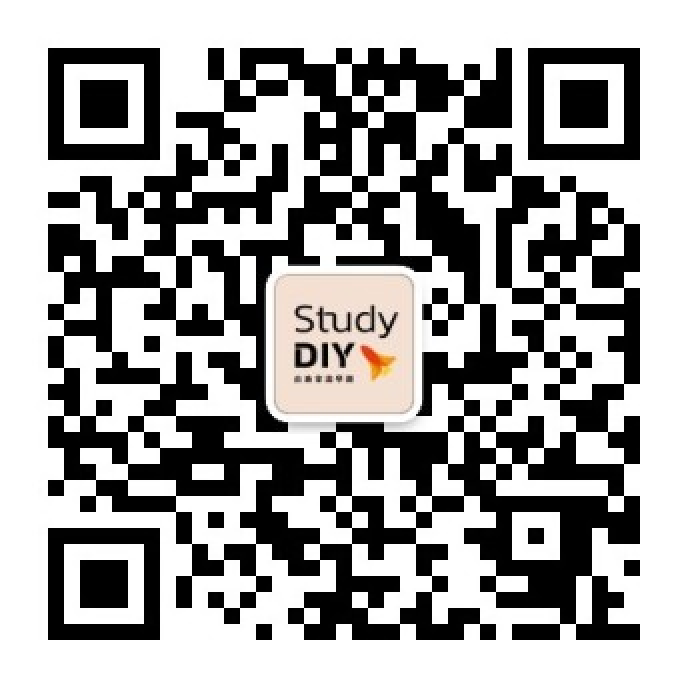
 Study Abroad in Different Countries
Study Abroad in Different Countries Popular Majors
Popular Majors Application Process
Application Process Study abroad exam
Study abroad exam Visa Application
Visa Application Study Abroad Life
Study Abroad Life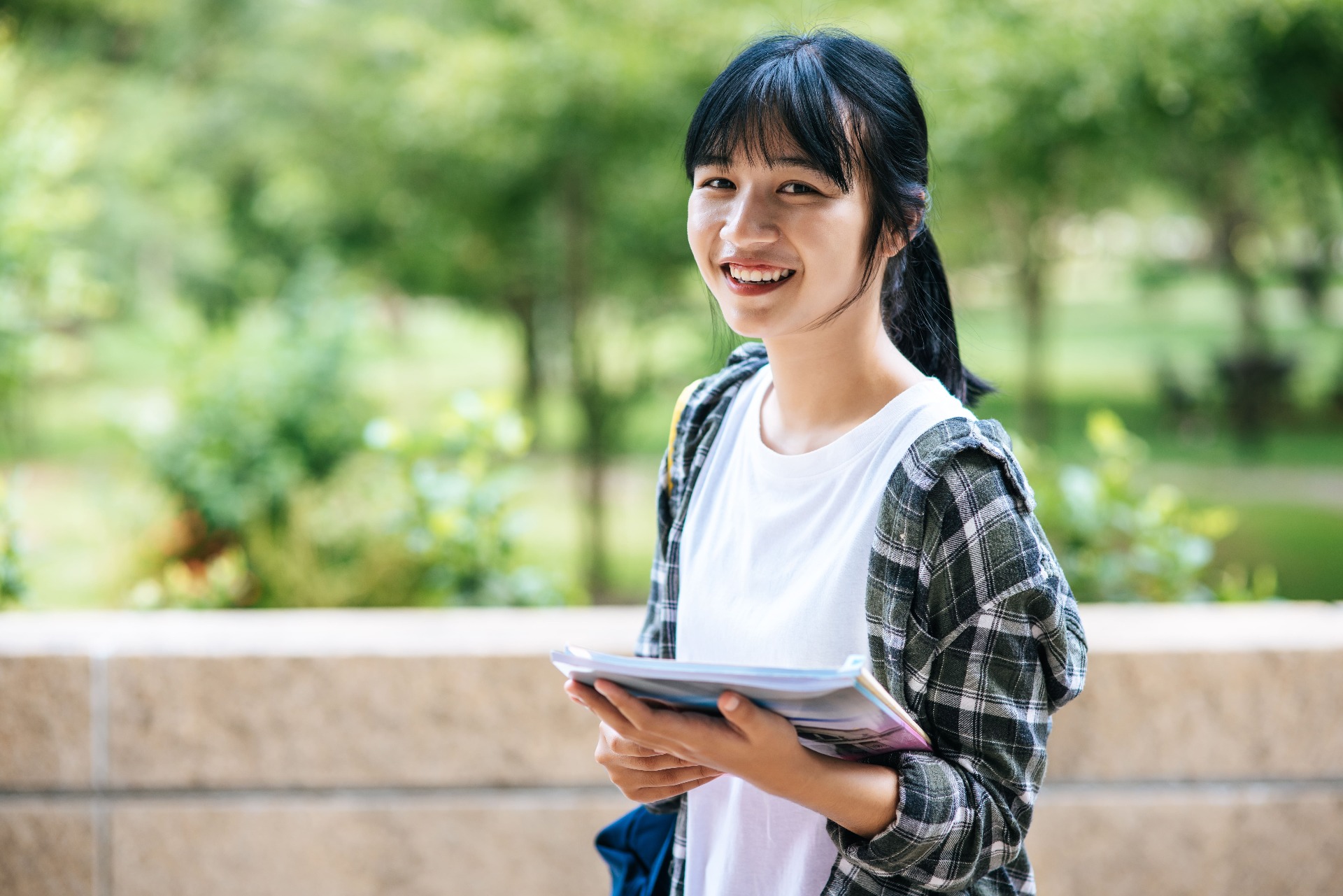
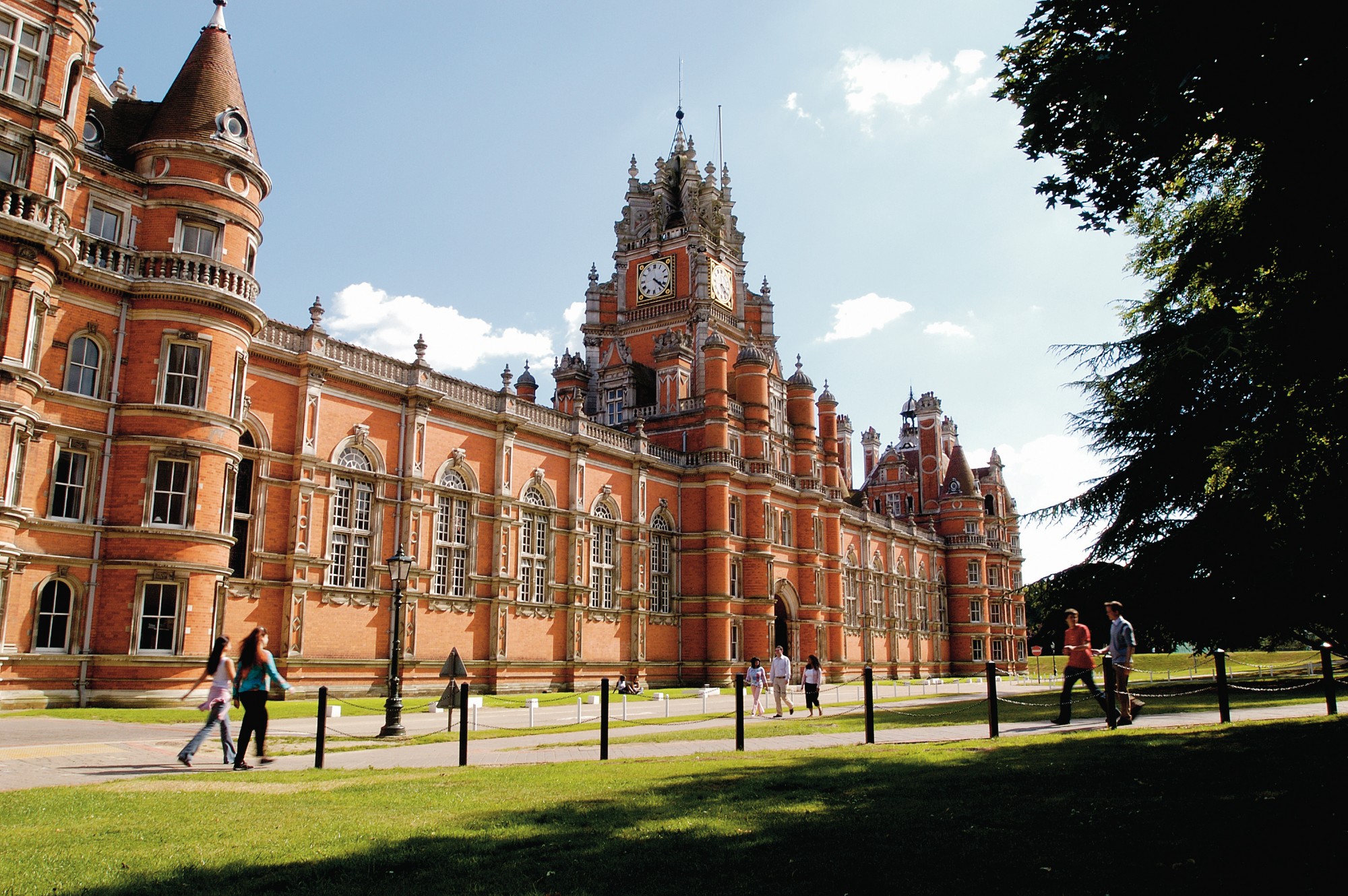
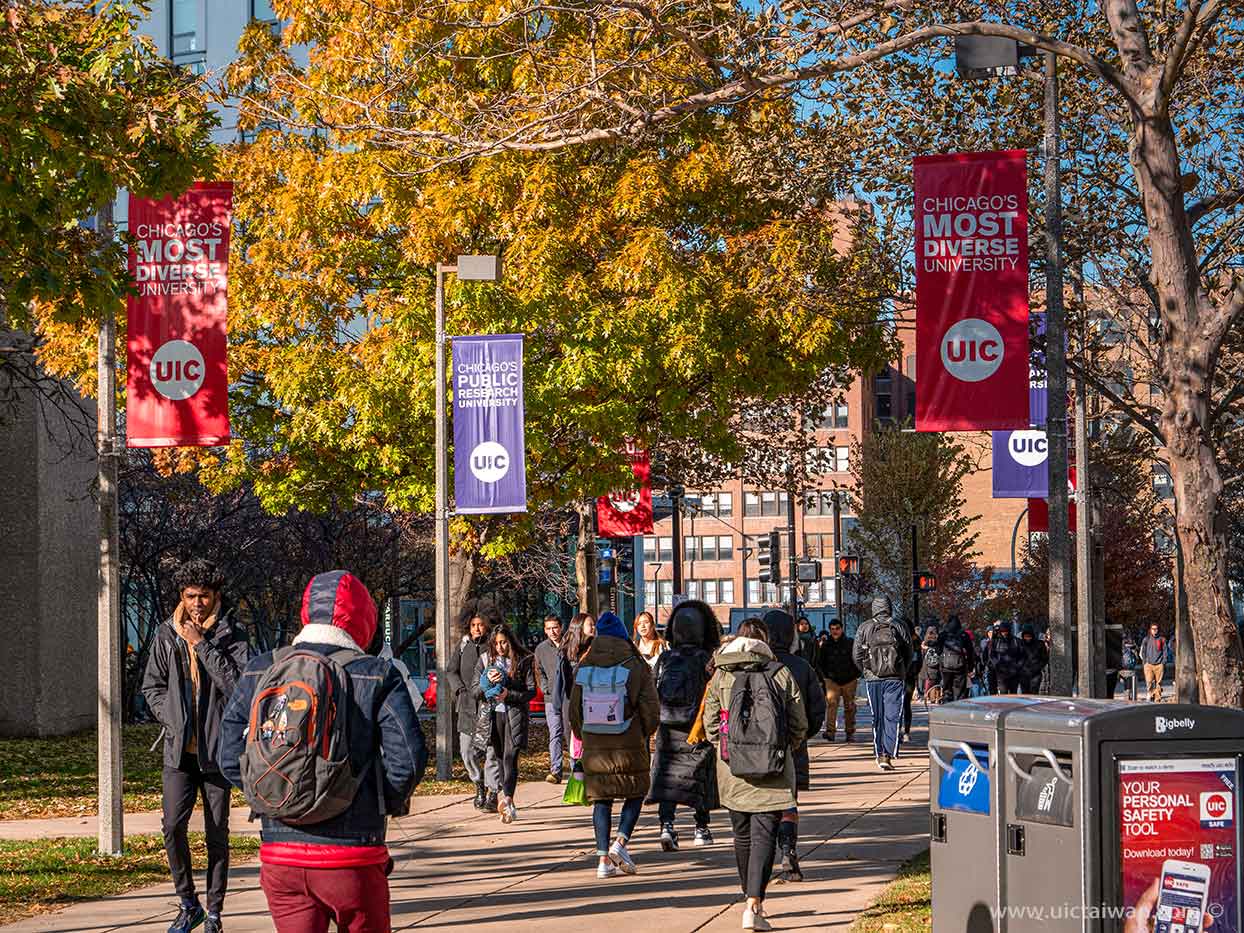






 Study in the USA
Study in the USA Study in Australia
Study in Australia Study in the UK
Study in the UK Study in the Netherlands/Ireland
Study in the Netherlands/Ireland Study in Canada
Study in Canada Conditional Admission
Conditional Admission



